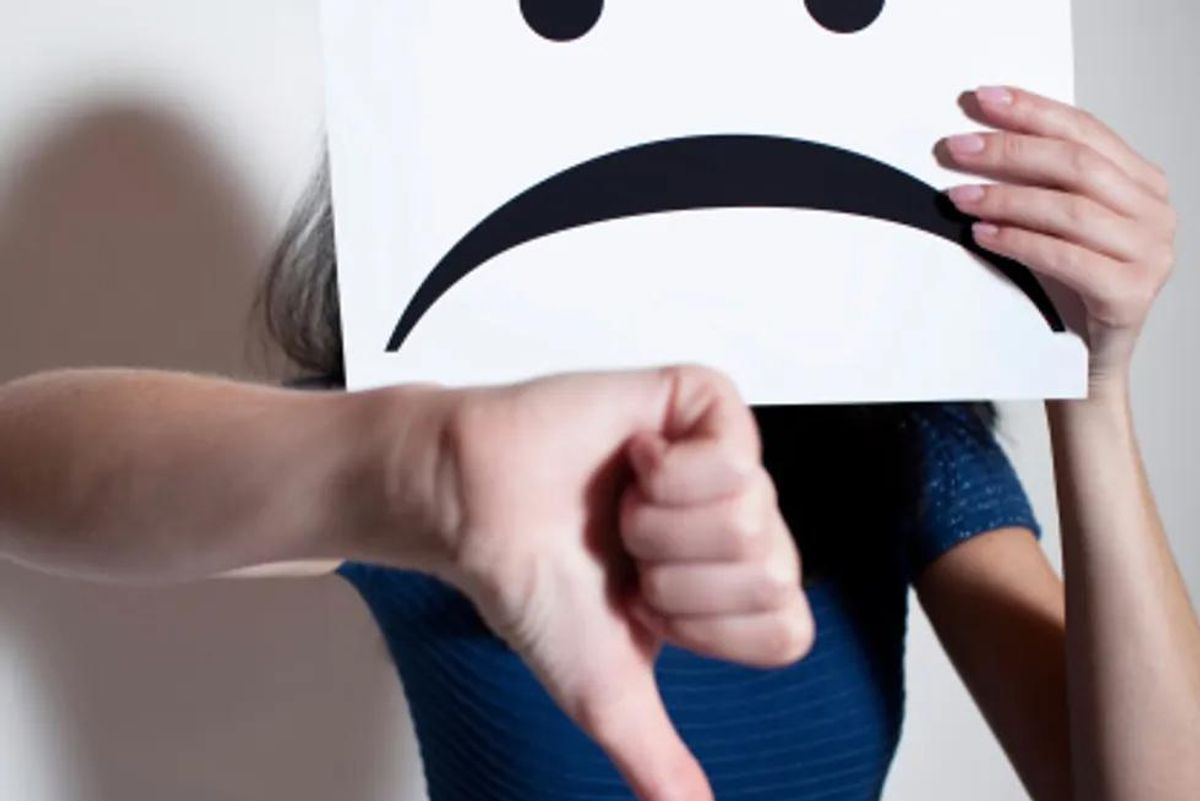A reader wrote to me recently with this email:
"All winter long, I can't wait until summer. I love the warm weather and always feel better in it. Yet, for some reason, I am depressed. I'm used to being depressed in the wintertime—I hate cold and snow—but I always am so happy in the summer. Any idea why this could be? I am healthy. I am happily married. And I had a good childhood. Where would this come from?"
It's estimated that about 11 percent of Americans over the age of 12 take antidepressants—a steep surge of more than 400 percent since the early 1990s. Women and people over 40 are more likely to take antidepressants than are men and younger people.
Yet, despite the rising numbers, many people who should be treated are not being treated: only one-third of those who suffer from severe depression take antidepressants. Some people are reluctant to take antidepressants because of embarrassment, concern over potential side effects (which can include reduced sexual desire) or lack of health insurance.
Some experts surmise that the uptick could be situational; after all, things have been rough in recent years. Wars, extreme weather, a poor economy, a tough job market and even fewer opportunities to "disconnect" can be challenging for even the most stable of us. Perhaps, too, the tendency to have a sedentary lifestyle could be a contributor: lack of exercise; prolonged sitting; or being "chained" to a desk, job or neighborhood make even the most sunny day seem controlling and dark, as can social isolation and simply not seeing your friends enough (or not having any friends, period).
READ: Exercise and Your Body
Diet, too, contributes to depression in more ways than one. Obesity is a risk factor for depression. But that could very well be a chicken or egg equation: does depression cause one to overeat and become obese? Or does being obese bring with it a host of health problems, including depression?
Other research links processed foods to an increased risk for depression, finding that people who ate lots of vegetables fruit and fish have a lower risk of depression.
Of course, I would advise my reader to seek the help of a trusted physician to evaluate her problem if it is prolonged. While there are some things that increase the risk of depression that you can't control (or easily control)—like being a woman, having a serious illness or chronic health condition, genetics, suffering past childhood abuse or a traumatic event—there are some things you can check to see if your depression is possibly the result of factors within your control.
- Sleep. Lack of sleep—or a good night's sleep, for that matter—can easily make you feel cranky, grumpy and depressed. On the other hand, depression itself may cause sleep problems.
- Stress. Anxiety and excessive worry can make you feel out of control, burdened, hopeless and sad.
READ: Menopause and Anxiety: What's the Connection?
- Alcohol. Eat, drink and be merry? Not always. Alcohol has sedative effects on your brain, and rather than make you feel good, it can make you feel sad. Although it's not clear whether depression is a trigger for drinking or drinking makes you depressed, it's likely they share common triggers.
- Friends. Friends keep you mentally healthy. A good friend is one of life's great soothers. Maybe you have some toxic friends who are bringing you down. Maybe you don't have many friends (or any friends). It's indisputable: people who socialize and have a dependable network of good friends are healthier (mentally and physically) and live longer.
- Foods. You've heard of comfort foods, right? You may reach for certain foods in times of emotional distress, but keep in mind that some foods may do more harm than good. In fact, when researchers in Britain followed the diet in more than 3,000 middle-aged office workers, they found that those who ate a lot of junk food (processed meat, chocolate, sweet desserts, fried food, high-fat dairy products and refined cereals) were more likely to feel depressed.
Of course, depression is not simple. While researchers know of links between depression and certain factors, it is tough to tease out the cause-and-effect relationship.
But I'd say it's definitely worth a try to examine everyday choices and lifestyle habits!
You might also want to read:
5 Secrets to Fighting the Winter Blues







